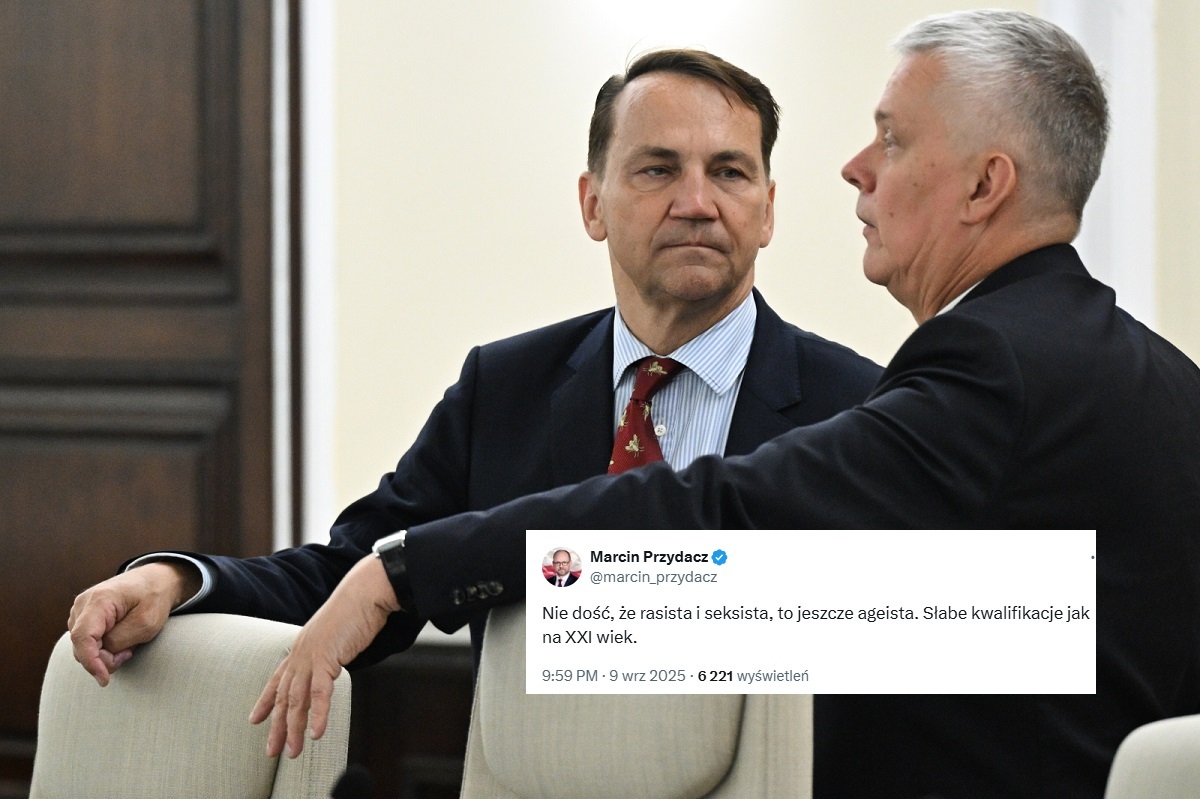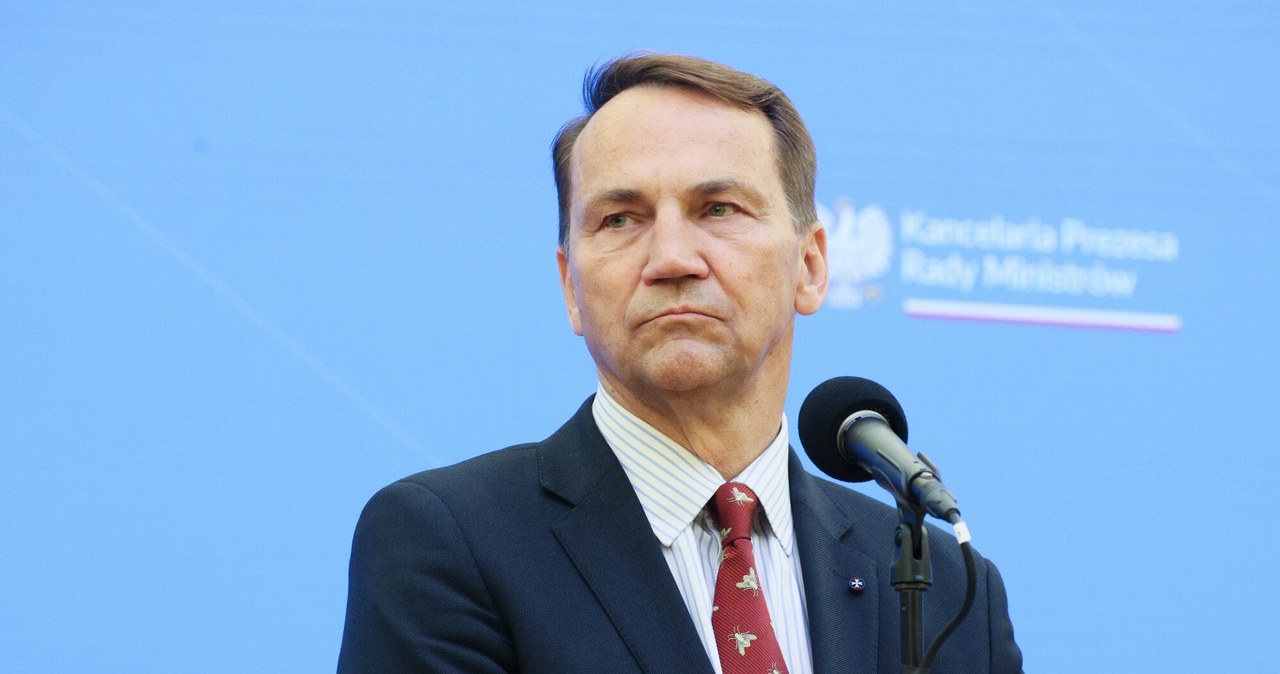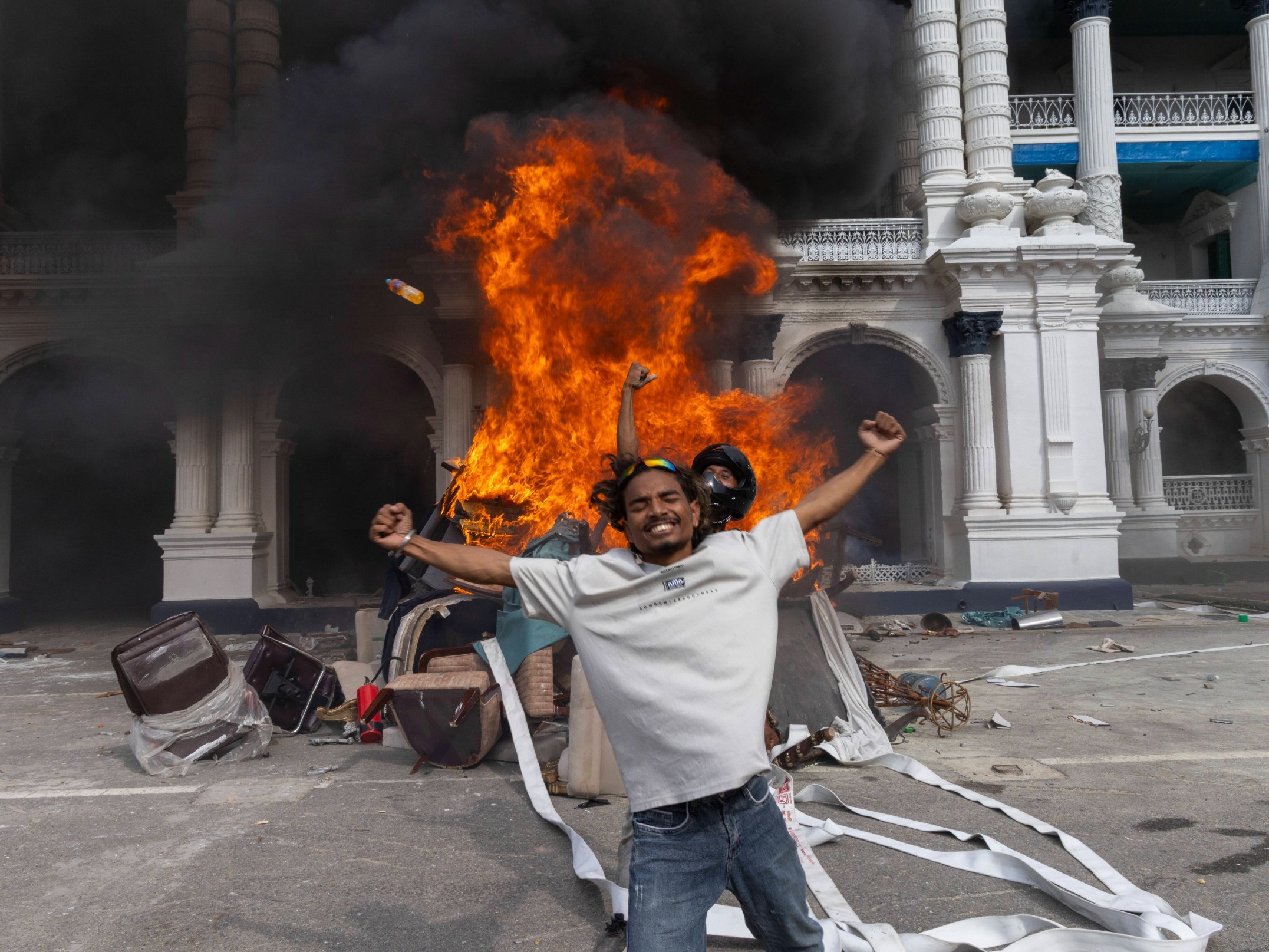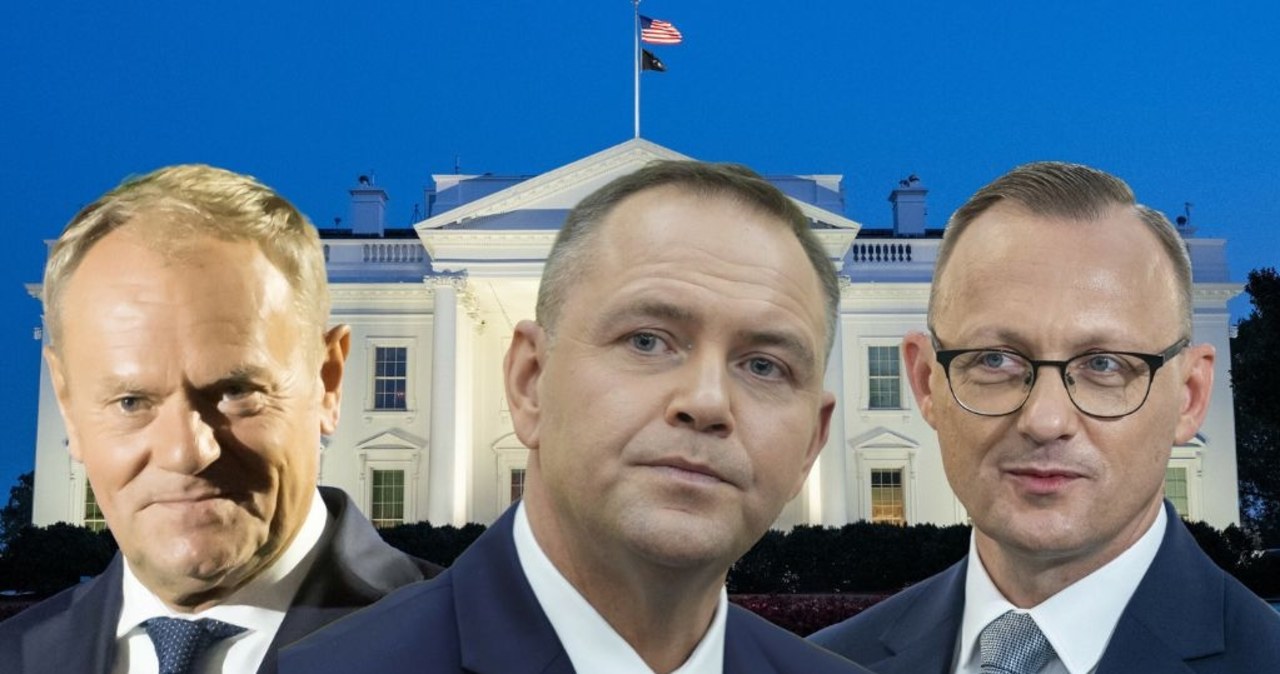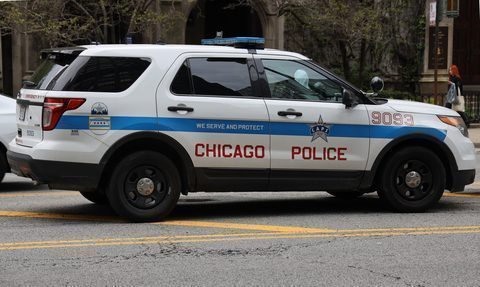From the fresh list of readings for primary and secondary schools, well-known works by Adam Mickiewicz, Bolesław Prusai or St John Paul II would disappear. any of the tracks would be read in fragments and others would be transferred to the list of additional materials.

The Ministry of National Education has included on its web site the proposed changes in terms of limiting the basics of the curriculum of individual subjects. The proposals concerning the teaching of the Polish language, mainly in the field of the reading list, drew attention.
In the case of primary schools, the mandatory readings read entirely in classes IV-VI and VII-VIII stay unchanged.
In the first group, from the list of short literary works and works learned in fragments (obligatory) it was deleted: "The Return of Dad" by Adam Mickiewicz, fragments of "Mr. Tadeusz" concerning the description of customs and customs, "Catarynka" by Bolesław Prus, "In the Diary of Sophia Bobrówna" by Juliusz Słowacki, any of the selected Greek myths, fragments of the Bible (a parable of the sower, a parable of the wise virgins), as well as selected poems by Władysław Bełza and. patriotic songs and songs, It was besides proposed to delete selected poems by Zbigniew Herbert, Czesław Miłosz and Tadeusz Różewicz.
In Classes VII-VIII MEN proposes to remove: Jan Kochanowski's I and V train, Ignac Krasicki's “Modern Wife”, “Reduta Ordon” and “The Death of Colonel” Adam Mickiewicz, as well as “Mr Tadeusz” (the Ministry proposed an analysis of selected passages, but another ones discussed in classes IV-VI). The poems by Cyprian Kamil Norwid, Marian Hemar, Jarosław M. Rymkiewicz, Jan Lechon, Jerzy Liebert and the fracks of Jan Sztaudynger, and most likely besides “Quo Vadis” by H. Sienkiewicz would besides vanish from the list of selected poetic works.
A lot of changes were made to the reading list for advanced schools. MEN experts proposed that the following works should be deleted from the list of mandatory readings for the basic scope: The biblical “Song of Songs”, excerpts of “Legends about St.Aleksy” and “Hymn to the Love of the Homeland” by Gall Anonim, Psalm 13 and 47 by Jan Kochanowski, excerpts of “Memoirs” by Jan Chrysostom Pask, “Romeo and Juliet” by William Shakespeare, “Hymn to the Love of the Homeland” by Ignacy Krasicki, “Konrad Wallenrod” by Adam Mickiewicz, “From the Legends of Old Egypt” by Bolesław Prus, “We will be divided by crows, crows...” by Stefan Żeromski, as well as poems by Kazimiera Iłkowiczówny and Tadeusz Gajcy, telling “People who Walked to the State of War” by Tadeusz Borowski, as well as selected poems by Stanisław Balinski, Czesław Miłosz, Jan Polkowski and Wojciech Wencl, as well as excerpts from “Drog to Nowhere” by Józef Mackiewicz and a short communicative from “Report about the War State of Marek Nowkowski. Removal was besides proposed poems by Jan Lechonia and Julian Przyboś, excerpts of Dante's "Divine Comedy", "The severance of Greek MPs" by J. Kochanowski, "The Un-Divine Comedy" by Z. Krasiński, parts of works from the martial law period, selected texts of the Cabaret of the Elder Lords and works performed by Ewa Demarczyk. There was besides an option to remove, among others, Władysław Reymont's "Boys" (but it was not the whole, but only I part-Autumn). In turn, Gustav H. Grudziński's “Other World” would only be read in fragments.
The programme basis at the extended level would be removed, among others: "Clouds" by Aristotle, "Eneida" (fragments) by Vergilius, "Revelations" (fragments) by St Augustine, "Theological Summation" (fragments) by St. Thomas of Aquin, "Lilla Wened" by Juliusz Słowacki, works by Jarosław Mark Rymkiewicz. It was proposed to remove fragments of the works of St. John Paul II ( („ („, “Fides et ratio”, “Memory and Identity”, “Roman Triptych”). Homer's "Odyssey" (but not entirely in fragments), fragments of Dante's "Divine Comedy" or Kochanowski's "Principal of Greek Members", "Nie-Divine Comedy", as well as poems by Jan Lechonia, Julian Przyboś, Czesław Miłosz and J. M. Rymkiewicz, would be transferred from the basic level.
In the case of the list of supplementary readings, the experts of the Ministry of Education propose to re-organise it completely, taking into account the division by era (up to and including the 19th century, the 20th century and the 21st century). In general, they proposed to remove, among others, from the full list. poems by M. Konopnicka, Volume II of the “Boys”, “Prison records” by Cardinal S. Wyszynski. Olga Tokarczuk's works ("Right and another Times", "Bieguni") and Andrzej Stasiuk's works ("Going to Babadag") were added to the list.
When will change take effect?
It is presently a phase of proposal and their analysis. In April, preliminary proposals are to be submitted for public consultation and interministerial arrangements. A draft regulation will most likely be signed in June.
The proposed limitation of the basis is expected to enter into force as early as 1 September 2024. The Ministry of Education notes that a comprehensive programme improvement is planned for the future, while the next changes will concern the limitation of selected content. The point is that students should not gotta exchange textbooks for the next school year. The fresh bases prepared by experts will come into force 2 years later: from 1 September 2026/2027 in primary school, from the 2028/2029 school year to the secondary schools.
Nationals.net/Gov.pl ♪ Kresy.pl ♪




